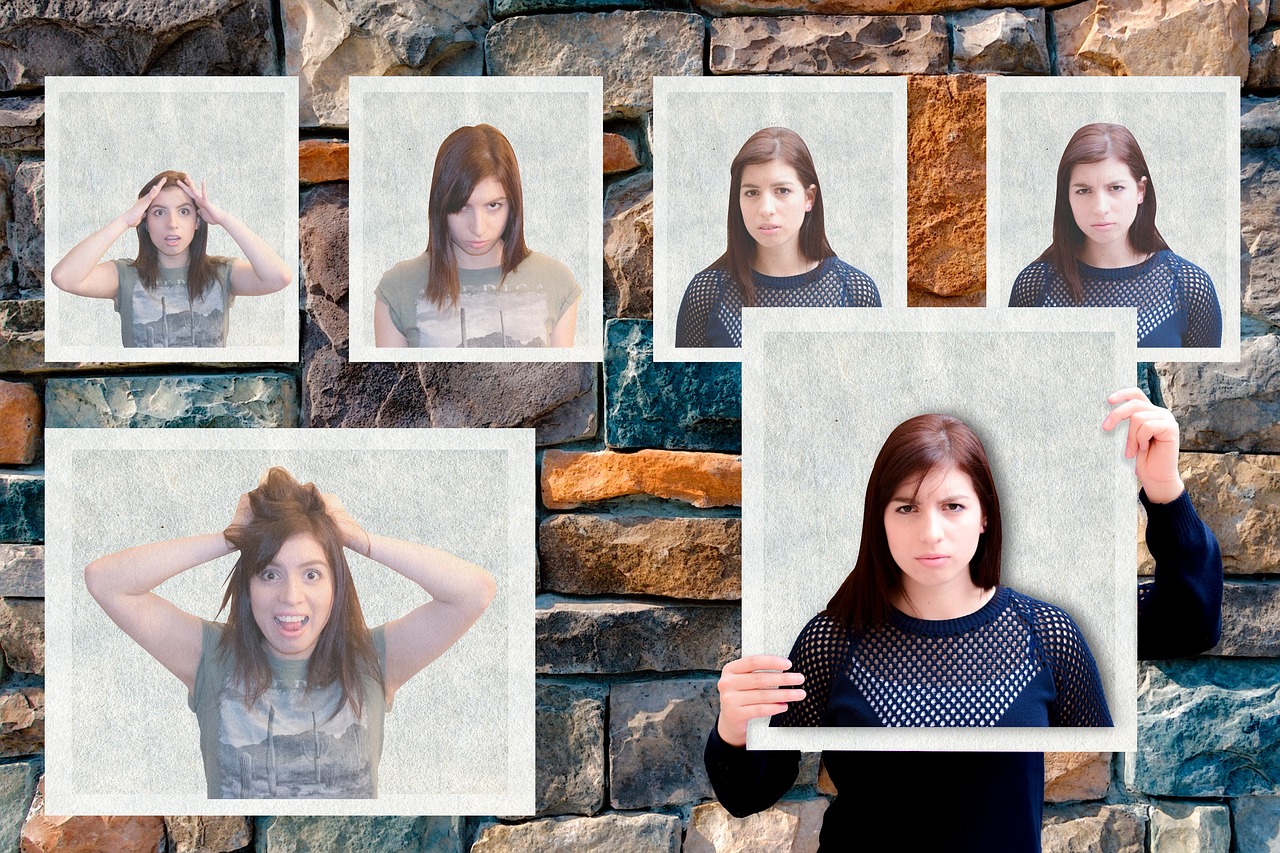
Latine Celebs Embrace Authenticity
In recent years, a significant cultural shift has emerged among Latine celebrities as they increasingly reject the practice of code-switching, often referred to as “talking white.” This phenomenon, where individuals alter their speech and mannerisms to fit into predominantly white spaces, has long been a topic of discussion in the Latine community. Celebrities like Freddie Prinze Jr. and Mario Lopez are now openly addressing their experiences with code-switching, highlighting the pressure they felt to conform in their earlier careers. This movement towards authenticity is not just a personal journey but also reflects the growing influence and acceptance of Latin culture in mainstream media.
The Power of Latin Music
The surge in acceptance of Latine identities can be attributed, in part, to the booming popularity of Latin music genres like reggaetón and Latin trap. According to a report by the Borgen Project, Latin music is outpacing other markets globally, with artists such as Bad Bunny achieving immense success without resorting to English-language tracks. This cultural renaissance has also prompted streaming platforms like Netflix to invest heavily in Latin-themed content, producing hit shows like “Casa de Papel” and “Narcos.” The statistics speak volumes; Netflix’s investment in Latin content has grown by over 50% in the last three years, showcasing a commitment to diverse storytelling.
Shifting Perspectives on Identity
Historically, Latine artists faced significant barriers in the entertainment industry, often needing to modify their identities to gain acceptance. For instance, in the early 2000s, artists like Marc Anthony and Thalia released English-language albums to penetrate the pop market. However, today’s landscape is markedly different. Celebrities are now embracing their cultural roots, as evidenced by Freddie Prinze Jr.’s recent comments about his heritage and the pride he takes in his identity. This shift is not merely anecdotal; surveys indicate that 78% of Latines feel a stronger connection to their cultural identity compared to previous generations.

Authenticity in Language and Accent
The conversation around code-switching extends beyond mere speech; it delves into the nuances of identity and authenticity. Alexandria Ocasio-Cortez’s pronunciation of her name and Oscar Isaac’s candid discussions about his heritage exemplify how many are choosing to embrace their roots. This trend is indicative of a broader societal change, where individuals feel empowered to express themselves in ways that reflect their true identities. Research shows that individuals who embrace their cultural backgrounds report higher levels of self-esteem and community connection, reinforcing the importance of authenticity.

The Role of Icons in Cultural Change
Icons like Desi Arnaz, who famously co-hosted the first English-language television show in the U. S., paved the way for future generations to embrace their identities. His unapologetic Cuban accent became a symbol of authenticity rather than a barrier to success. Modern stars like Sofia Vergara and Salma Hayek continue this legacy, demonstrating that embracing one’s accent can enhance a career rather than hinder it. The visibility of these figures has contributed to a cultural environment where authenticity is celebrated, and the need to code-switch is diminished.

Breaking Stereotypes in Hollywood
While some Latine actors have found success by owning their accents, others like John Leguizamo have faced the challenges that come with typecasting. Leguizamo has turned these challenges into opportunities, showcasing his unique voice through diverse roles, including a Shakespearean character in Baz Luhrmann’s “Romeo + Juliet.” His journey illustrates the power of owning one’s identity, which resonates with many in the community. According to a study by the Geena Davis Institute on Gender in Media, diverse representation leads to more nuanced storytelling and better cultural understanding.

The Future of Latine Representation
As Latine celebrities continue to reclaim their authenticity, the conversation around code-switching is evolving. Many are now prioritizing the use of their natural accents and language, reflecting a broader acceptance of diverse identities. This shift is also evident in the way names are pronounced and cultural expressions are celebrated. The rise of bilingual and Spanglish content in mainstream media signals a growing recognition that Latine identities are multifaceted and should be represented as such.

Conclusion on Authenticity and Identity
The recent movement among Latine celebrities to embrace their true selves marks a pivotal moment in cultural representation. With the growing acceptance of Latinidad in mainstream media and music, the pressure to conform is slowly dissipating. As these stars continue to redefine what it means to be authentically Latine, they inspire upcoming generations to embrace their identities without compromise. The journey towards authenticity is a collective one, and it is heartening to witness a community that is increasingly proud to showcase its diverse flavors and stories.




